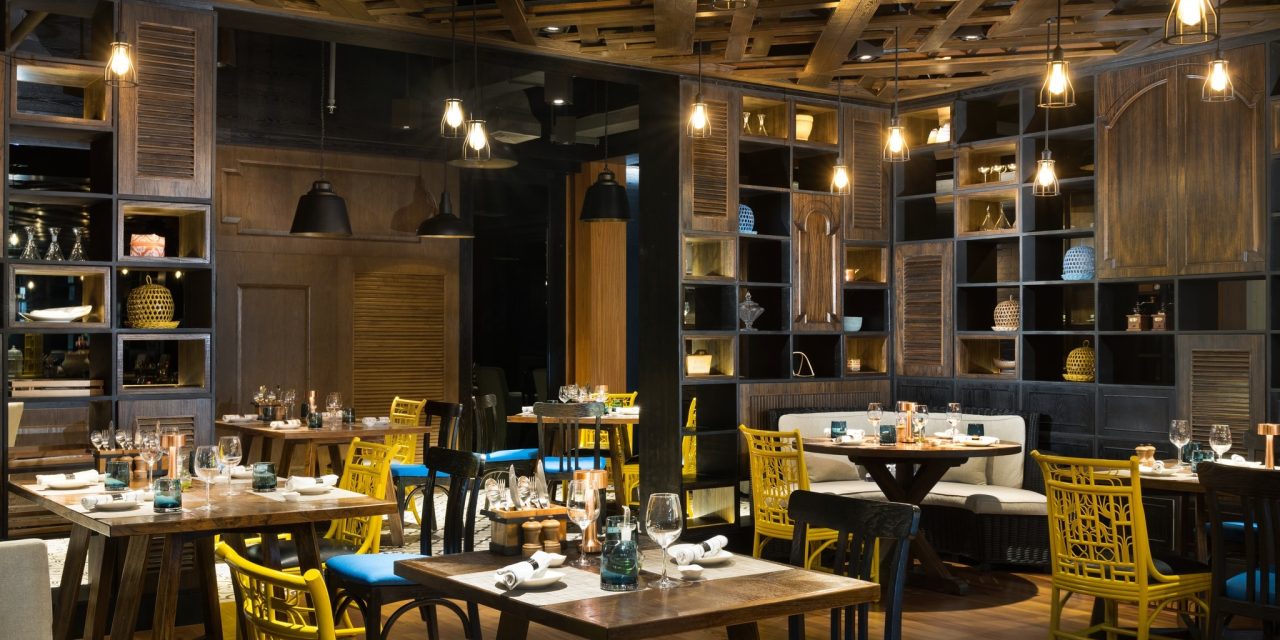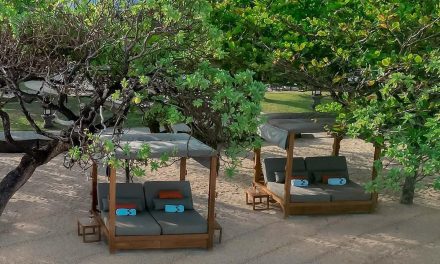There’s something wonderfully enchanting about sipping a cup of coffee while surrounded by the lush green landscapes of Ubud, Bali. The rich aroma, the warm ambiance, and the soft rustle of palm leaves in the breeze create an inviting atmosphere that beckons every coffee lover. Let’s embark on a journey through the fragrant history of coffee cultivation in this captivating region.
The Early Days: Coffee’s Introduction to Indonesia
Coffee’s journey in Indonesia began in the 17th century with Dutch colonization. While most people associate Bali with its stunning beaches, it was actually Ubud’s high-altitude terrain that became ideal for coffee cultivation. The first coffee trees were planted on the island as part of the Dutch colonial agricultural strategy that aimed to exploit the rich soils and favorable climate of Indonesian islands. Can you picture those early farmers meticulously planting the first seedlings, hoping for a bountiful harvest?
In 1888, the famed Arabica coffee plants were introduced to Bali, and Ubud became a prime spot for these beloved beans. The combination of volcanic soil and an ideal climate created a veritable paradise for coffee cultivation. I remember standing amidst the verdant coffee farms on a recent visit, the air thick with the scent of fresh coffee cherries—a reminder of decades of dedication that had gone into cultivating this rich tradition.
The Rise of Bali Coffee: A Cultural Evolution
Fast forward to the 20th century, and coffee farming became not just an agricultural endeavor but a cultural staple in Ubud. Families began cultivating coffee not just for profit but as part of their heritage. The local farmers shared techniques through generations, weaving coffee into the very fabric of Balinese life. It’s amazing to think about the passion and pride these farmers have in their craft.
During one of my visits to a local coffee plantation, I had a heartfelt conversation with a farmer named Nyoman. As he demonstrated the process of picking ripe coffee cherries, he passionately recounted tales of his ancestors who had farmed this land. It was not just a job to him; it was a legacy. It struck me how coffee, beyond just being a beverage, is a bridge connecting generations of Balinese people.
The Unique Characteristics of Ubud Coffee
One of the many things I learned is that Ubud coffee is distinctive, primarily because of its unique flavor profiles influenced by the region’s microclimates and soil conditions. The beans are often grown alongside other crops, which adds complexity to their flavor. You might find a hint of chocolate or even spices in your cup—something that truly reflects Ubud’s rich agricultural tapestry.
Take the Luwak coffee, for instance, famous around the world but originating right here. Luwak coffee involves a fascinating process where beans are eaten and excreted by civet cats. The enzymatic digestion alters the flavor, producing a cup that’s smooth and rich. And trust me, there’s nothing quite like enjoying a cup of fresh Luwak coffee right there in Ubud, while your senses are engulfed with the sights and sounds of nature.
Modern-Day Coffee Culture in Ubud
Today, Ubud is home to numerous charming cafes that pay homage to this rich coffee heritage. With the rise of coffee culture, both locals and tourists flock to these spots to sample meticulously brewed coffee. I remember my first visit to a cozy cafe tucked away in the hills, where I savored a cup of Balinese Arabica while overlooking terraced rice fields. The experience was almost surreal, blending the flavors of the earth with the beauty of Bali.
As a traveler, don’t just grab a cup and go. Take the time to engage with the baristas—they often have insights into the beans’ journey from farm to cup. Ask them about the local farms where the coffee is sourced; you might find that a personal connection enhances the experience, making it even more meaningful.
Practical Advice for Coffee Lovers Visiting Ubud
1. Take a Coffee Plantation Tour: Many plantations offer tours where you can see the coffee processing firsthand. Don’t hesitate to ask questions—it’s a fantastic way to deepen your appreciation for your brew.
2. Try a Coffee Tasting: Seek out cafes that offer tasting flights. You’ll be amazed at how different each cup can be. A simple latte can vary dramatically from one place to another!
3. Bring Home Some Beans: If you fall in love with a particular flavor, most plantations and cafes sell beans that you can take home. Trust me; your morning routine will thank you!
4. Engage with Locals: Let yourself be swept up in conversations with the locals. Their stories about coffee cultivation, family traditions, and personal anecdotes are often the heart and soul of the culture.
5. Savor the Moment: Finally, in the hustle and bustle of travel, don’t forget to pause and appreciate the moment. Take a deep breath, inhale that rich coffee scent, and enjoy the surroundings.
Conclusion: A Cup of History
As I reflect on my experiences in Ubud, I realize that coffee is more than just a drink; it’s a cultural emblem that has shaped the lives of many. Each sip I take of Ubud coffee carries with it decades, even centuries, of history, dedication, and communal spirit. So, the next time you indulge in a cup of coffee, take a moment to appreciate the journey it has taken—from the fertile soils of Ubud to your hands. It’s a story of history, passion, and connection, one delicious sip at a time.






